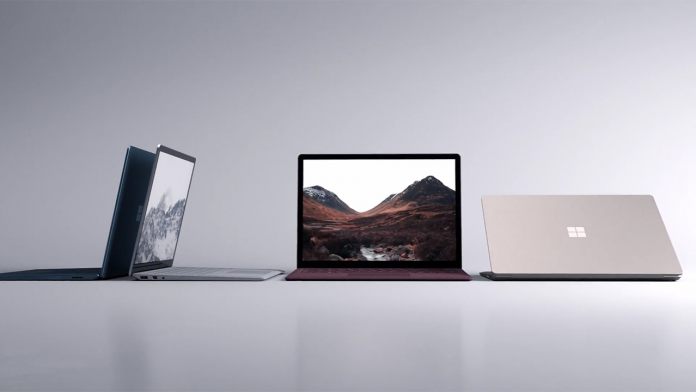Batteries are an area of consumer technology where companies should be ultra-competitive. While we have seen giant leaps in mobile processing, screens, cameras, and other areas, battery performance has stayed largely stagnant. Companies are mostly left maintaining existing battery life capabilities to accommodate more powerful devices. The company that makes a significant breakthrough in battery technology is surely onto a winner. It is worth remembering battery life is a crucial factor when consumers buy a device. This new patent suggests the Microsoft is trying to become the company to make that breakthrough. As mentioned, little gains have been made in terms of extending battery life as companies wrestle with growing power consumption. Microsoft is perhaps approaching the problem from a different angle. While a Surface Pro 4 has good battery life, it can take a long time to charge. If Microsoft can cut charging time while maintaining market-leading battery life, it could strike a chord with consumers.
Smart Batteries
The patent has been published on the United State Patent and Trademark Office. Titles “Smart batteries for ultrafast charging”, the patent was published in April of this year. As the title suggests, Microsoft wants to make batteries smarter: “Methods and devices are described for charging a smart battery in a computing device. The methods and devices may include determining, by a battery management controller, a charging configuration for managing one or more battery modules of the smart battery and transmitting a charging configuration signal to one or more battery modules of the smart battery. The methods and devices may include receiving, by at least one of a plurality of charging coils, power from a wireless signal based on the wireless signal coupling energy to at least one of the plurality of charging coils at a frequency as the at least one of the plurality of charging coils and charging at least one battery module connected to a respective one of the plurality of battery control boards in response to a respective one of the plurality of charging coils receiving the power from the wireless signal.” As we always say with Microsoft Patents, this could be the company simply covering its based. So, don’t expect to see this on the next generation of Surface devices. Still, if the company is working on smart batteries, we will be interested to see if the project reaches beyond the development stage.




